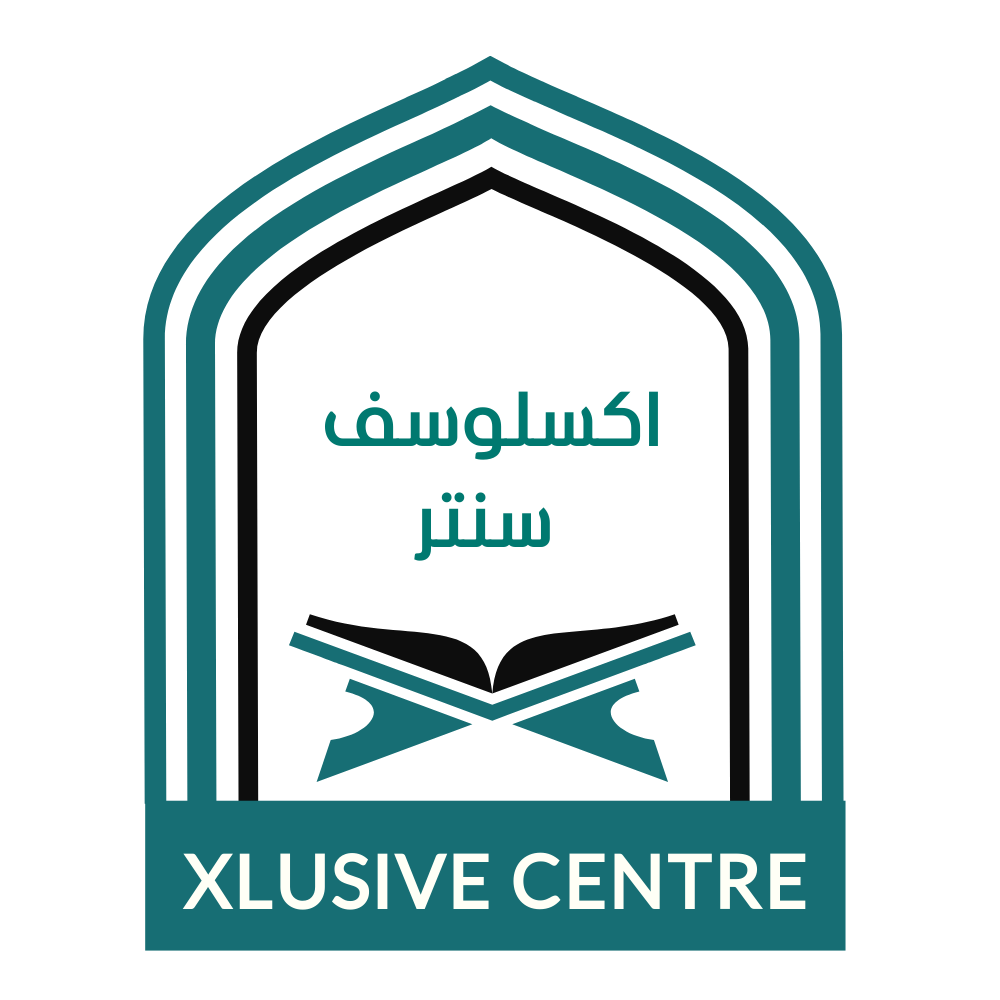This course teaches Fadlul-Islam (The Merit of Islam) by Shaykh Muhammad bin Abdul-Wahhab. It explains the special virtues of Islam, the need to follow it fully and the danger of adding new practices (bid‘ah). Students will study Quran verses, hadiths and clear lessons to understand why Islam is the true and complete religion.
Course Outline
- Introduction
- The importance of understanding the merit of Islam
- Biography of Shaykh Muhammad bin Abdul-Wahhab
- Chapter 1: Obligation to Embrace Islam Solely
- Quranic verses and hadiths about Islam being the only accepted religion
- Chapter 2: The Definition of Islam
- Shahadah, Salah, Zakat, Sawm, and Hajj
- The dangers of straying from the Muslim community
- Chapter 3: The Dangers of Religious Innovation (Bid’ah)
- Grave consequences of innovation in religion
- The difference between sins and innovation
- Chapter 4: The Great Blessings of Islam
- Reflecting on Islam’s superiority over other religions
- The merit of adhering to Islam’s teachings
- Conclusion
- How Islam is a complete way of life
- The role of contemplation and reflection in appreciating Islam
Download the book
Merit of Islam Faḍlul-Islam (Arabic)
Merit of Islam Faḍlul-Islam (English)
Matn (Audio)
Audio Explanation of the Book
